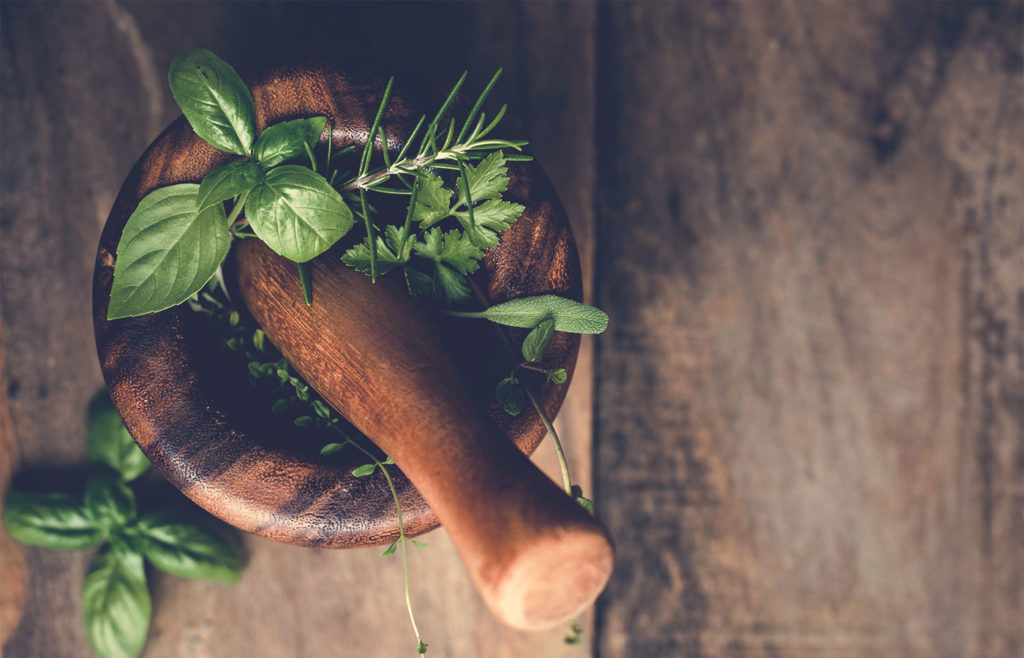
Are sluggish bowels driving your estrogen dominance?
Having a sluggish bowel can not only make us feel uncomfortable, but it can also have a huge impact on our hormonal health and is a common driver behind why a woman might be experiencing symptoms of estrogen dominance – too much estrogen in the second stage of the cycle (the luteal phase).
Estrogen, when in excess, can result in heavy, clotty, painful periods, swollen, tender, congested breasts, and mood swings that usually involve irritability and/or sadness. When estrogen levels are too high, it can be due to compromised estrogen metabolism by the liver which can lead to estrogen recycling, rather than its efficient detoxification and elimination.
What does “recycling estrogen” mean?
When the body has used estrogen for its purpose, the liver will package it up into a safe little bundle and send it to the bowel, ready for elimination.
However, if our bowels are slow to move and we have too many strains of gut bacteria that produce too much of an enzyme called beta-glucuronidase, this enzyme can break open the package, releasing the estrogen back into circulation, requiring it to be collected by the liver a second time for processing.
As the liver then has to go to work detoxifying and repackaging it again in preparation for elimination, imagine this adding significantly to the workload and burden on the liver as it’s tasked with processing both newly created estrogen, as well as the re-released estrogen. You can see why liver health and maintaining regular bowel motions is so vitally important.
This process is commonly referred to as estrogen recycling and if this occurs too often, it can lead us to experience what’s known as estrogen dominance (having excess estrogen).
Balancing this hormonal profile is particularly important for women entering the perimenopausal stage of their life, as other hormone changes can make way for a more estrogen dominant phase, and all of the challenging symptoms this brings.
What can we do to minimise estrogen recycling?
Two of the best things you can do to achieve a more balanced hormone profile, is to move your bowels regularly and actively reduce your liver loaders.
To support your bowels and to help minimise the production of beta-glucuronidase, it is important to ensure you are eating mostly whole real foods, including a wide variety of plant foods, particularly plenty of coloured vegetables, legumes, nuts and seeds. This will provide adequate fibre and other compounds, essential for a healthy microbiome and regular bowel function.
Remember too, that the adult human body is comprised of up to 70% water. Without adequate hydration, the bowels can struggle with efficient elimination. Use your drink bottle as a measure to make sure you’re getting 1.5 – 2L of filtered water daily.
There are a number of herbal medicines that can be used for further support for your liver. Bio Blends Liver Love uses a combination of St Mary’s thistle, turmeric, broccoli, globe artichoke and gentian, to support the body’s natural liver detoxification and elimination processes. You can find out more about Liver Love here.





